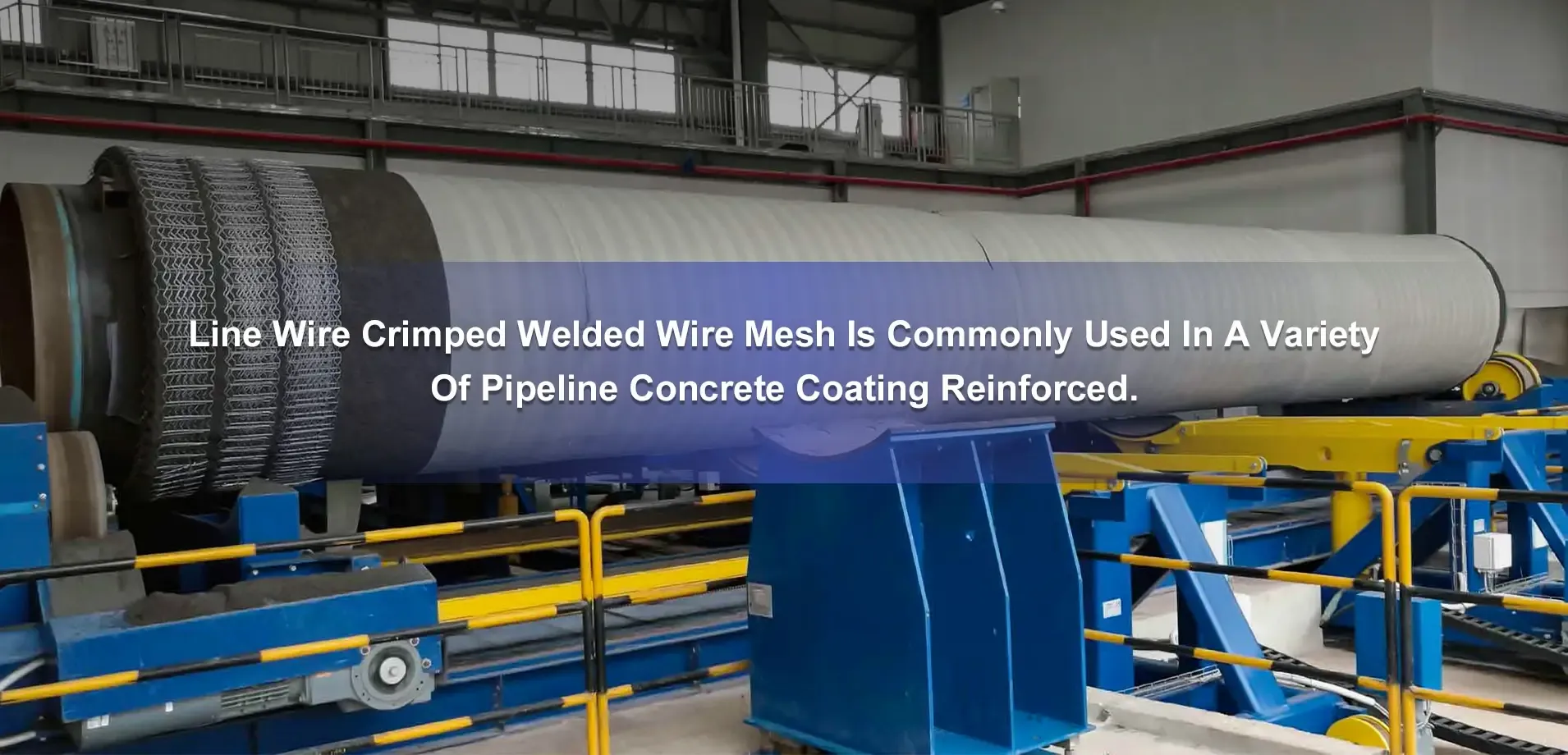- Industrial zone, South of Anping Town, Hengshui, Hebei, China.
- sales@hfpetromesh.com
- +86-18931809706
Top Suppliers for Shale Shaker Screens in the Industry Today
The Role of Shale Shaker Screens in Drilling Operations and Selecting the Right Supplier
In the world of oil and gas drilling, the efficiency of the operation heavily relies on the equipment used, particularly the shale shaker and its screens. Shale shaker screens are critical components that help in the separation of drilling fluids and cuttings, which can significantly affect the overall efficiency and effectiveness of a drilling operation. Understanding the importance of these screens and selecting the right supplier is essential for any drilling company aiming to optimize its processes.
Understanding Shale Shaker Screens
Shale shakers are mechanical devices used in the drilling process to remove large solids from the drilling fluid, or mud. The effective functioning of a shale shaker largely depends on the quality of the shaker screen. These screens are designed with specific mesh sizes and configurations to facilitate the separation of cuttings, which prevents the accumulation of solids that can hinder the drilling process.
Typically made from high-quality materials such as stainless steel, the screens enable the flow of drilling fluid while trapping larger particles. The choice of screen mesh size will impact not only the performance of the shale shaker but also influence the recovery of valuable drilling fluids, ultimately affecting the operational cost and efficiency.
Importance of Selecting the Right Supplier
When it comes to procuring shale shaker screens, selecting the right supplier is crucial
. Here are several factors to consider when choosing a shale shaker screen supplier1. Quality Assurance The supplier should have a reputation for providing high-quality products that meet industry standards. Utilizing screens made from durable materials ensures longevity and consistent performance, which can lead to reduced downtime and increased safety during drilling operations.
shale shaker screen supplier

2. Customization Options Different drilling environments require specific shaker screens tailored to the nature of the drilling fluid and the type of cuttings generated. A good supplier should offer customization options to provide screens that match your operational needs.
3. Technical Support The complexity of shale shaker operations means that technical support is essential for effective maintenance and troubleshooting. Your supplier should offer comprehensive support services, including installation guidance and troubleshooting assistance.
4. Reputation and Experience Researching the supplier’s background, including their experience in the industry and customer reviews, can provide valuable insights into their reliability and quality of service. An established supplier with a good reputation is more likely to provide quality products and support.
5. Innovation and Technology As technology continues to advance, so do the designs of shale shaker screens. A supplier that invests in research and development can offer innovative solutions that improve performance and efficiency, such as screens with enhanced filtering capabilities and greater durability.
6. Cost Considerations While it may be tempting to choose a supplier based solely on price, it’s important to consider the total cost of ownership. A lower initial price may lead to higher costs in the long run if the screens require frequent replacement or do not perform efficiently. Balancing quality and cost is crucial.
7. Sustainability Practices In today’s environmentally conscious climate, choosing a supplier that adheres to sustainable practices can reflect positively on your company. Look for suppliers that utilize eco-friendly materials and processes, reducing the environmental impact of your drilling operations.
Conclusion
In conclusion, shale shaker screens are vital components in the drilling process, playing a significant role in the efficiency and success of drilling operations. The selection of a reliable shale shaker screen supplier can make a substantial difference in performance, cost-efficiency, and operational safety. By considering quality, customization, technical support, reputation, innovation, cost, and sustainability, drilling companies can ensure that they make informed decisions that will enhance their operational capabilities. Investing time and resources into selecting the right supplier will ultimately lead to more successful drilling operations and a better bottom line.
-
The Power of Pyramid Shaker Screen - A 3-Dimensional SolutionNewsOct.24,2024
-
Exploring the Versatility and Durability of Steel GratingNewsOct.24,2024
-
Revolutionizing Drilling Efficiency with Steel Frame Shaker Screens for Mud Shale ShakersNewsOct.24,2024
-
Potential of Shale Shaker ScreensNewsOct.24,2024
-
Offshore Pipeline Counterweight Welded Mesh - Reinforced Mesh in Marine EngineeringNewsOct.24,2024
-
Revolutionizing Offshore Pipeline Stability with Concrete Weight Coating MeshNewsOct.24,2024
